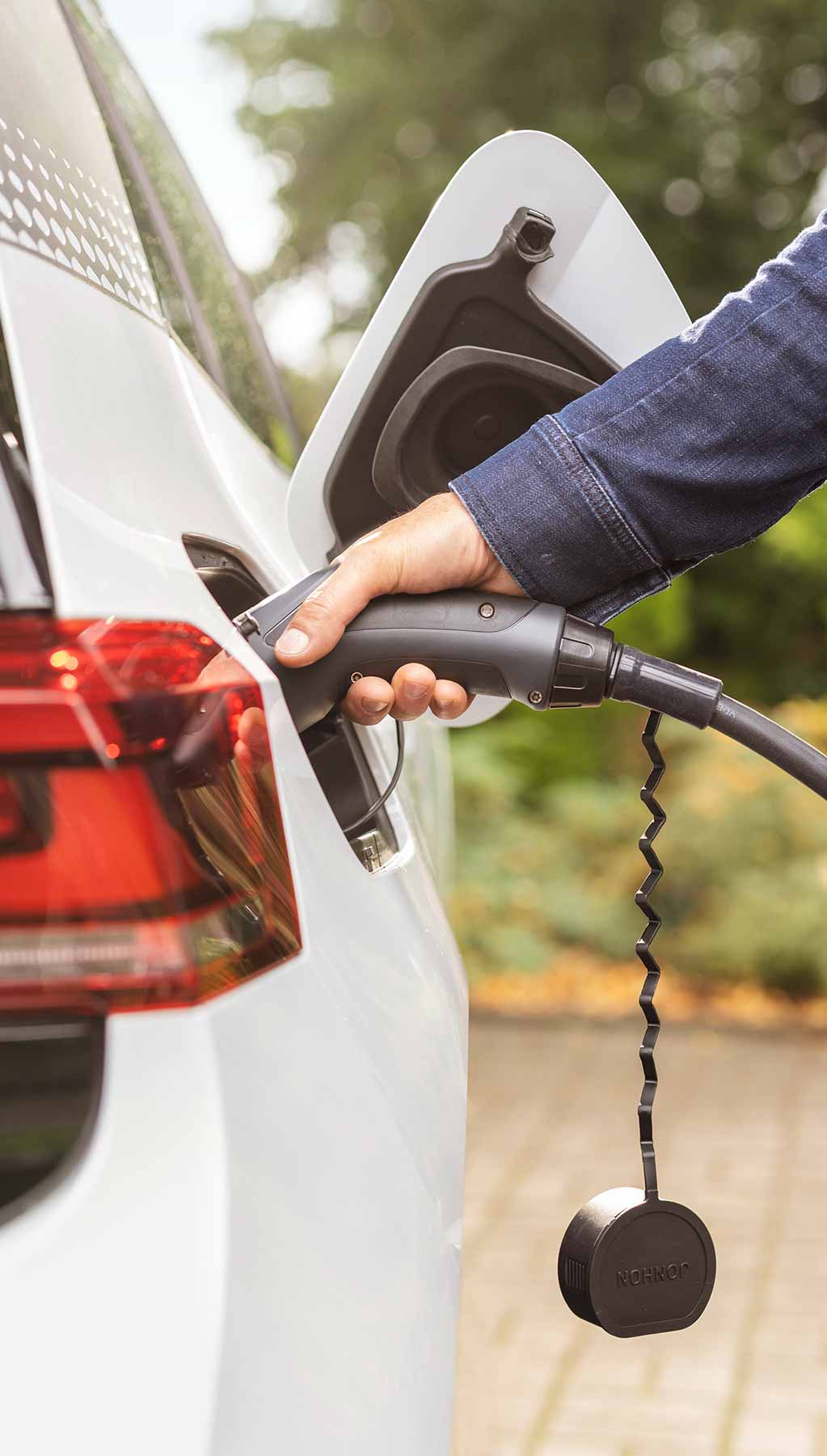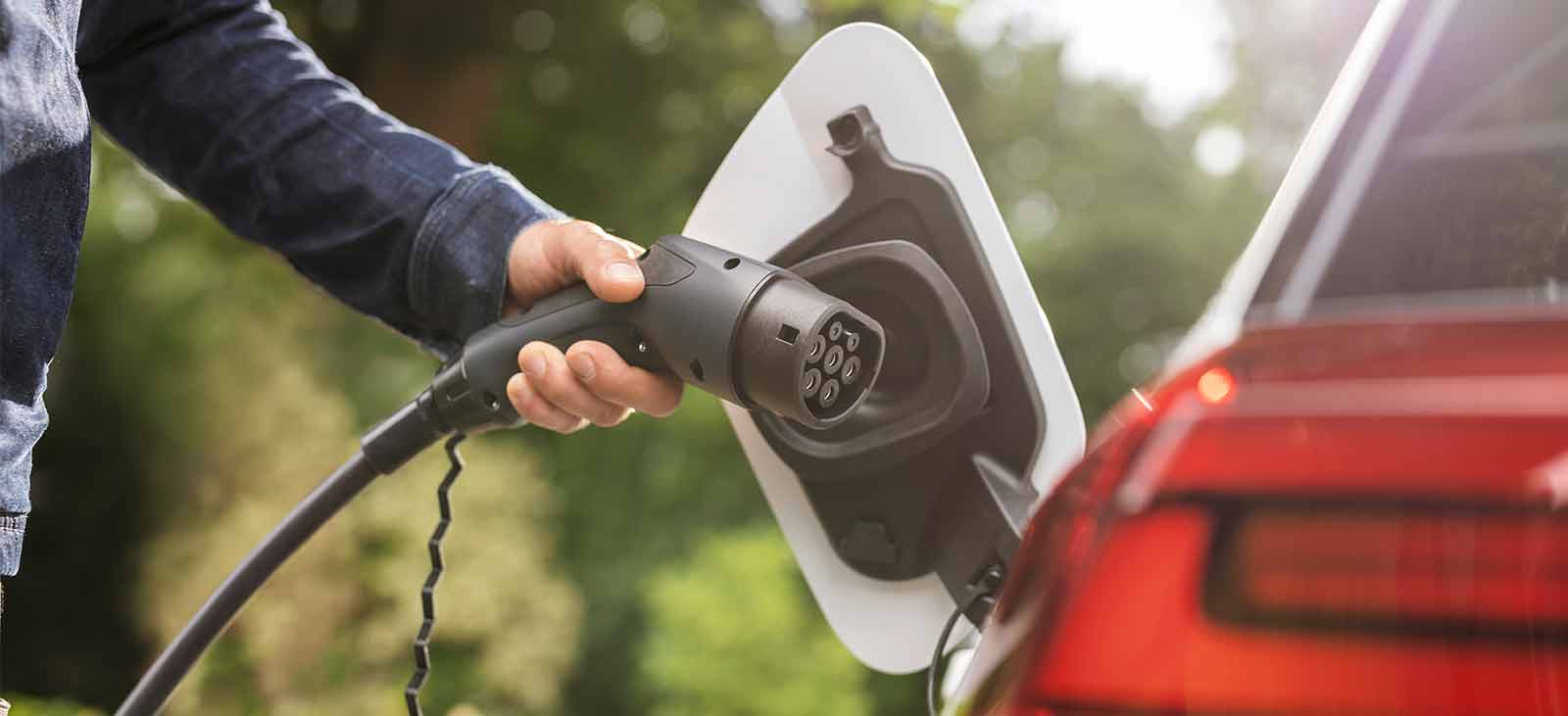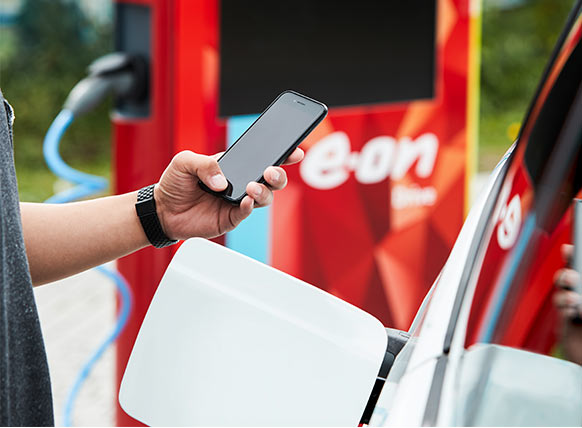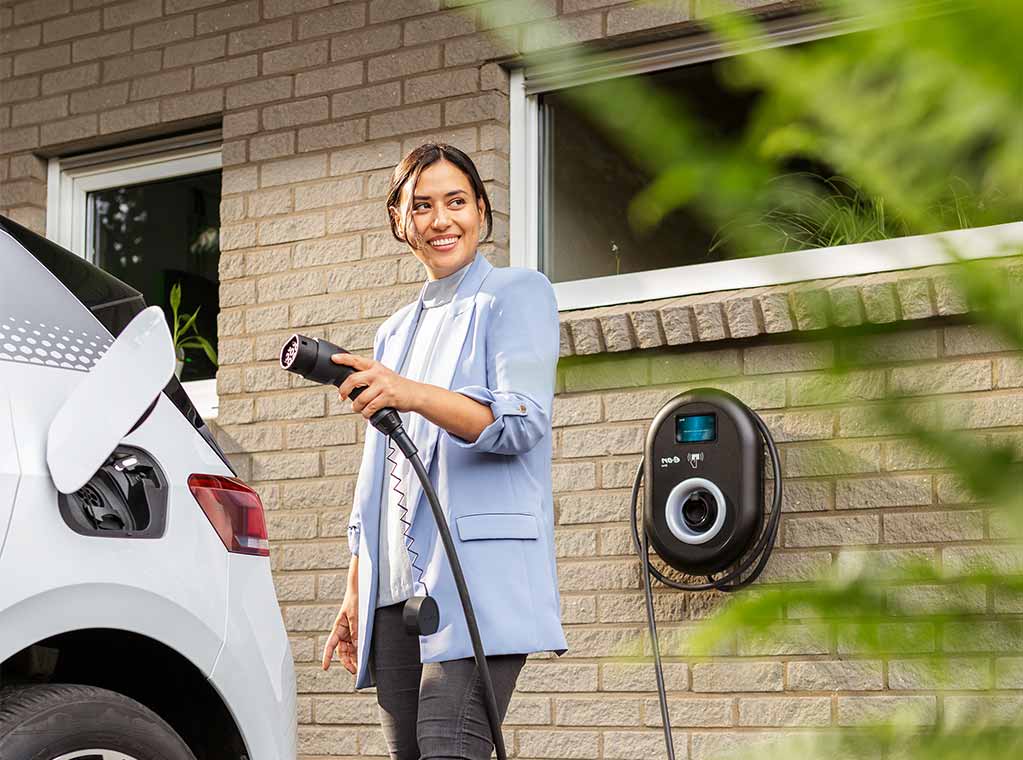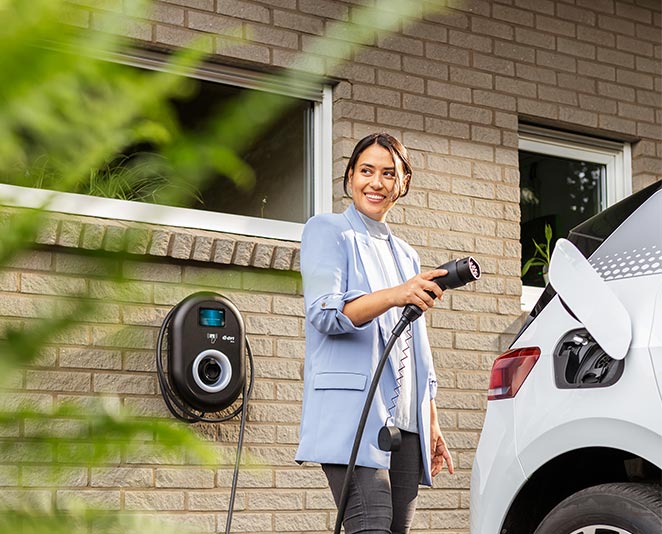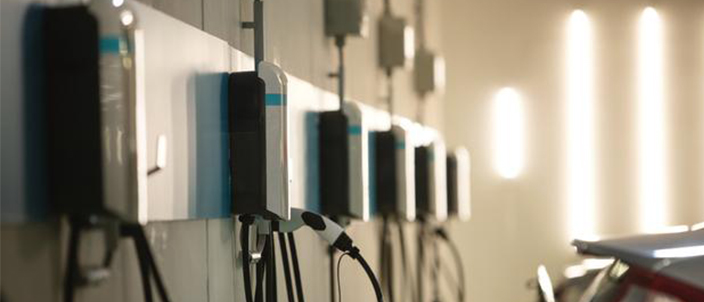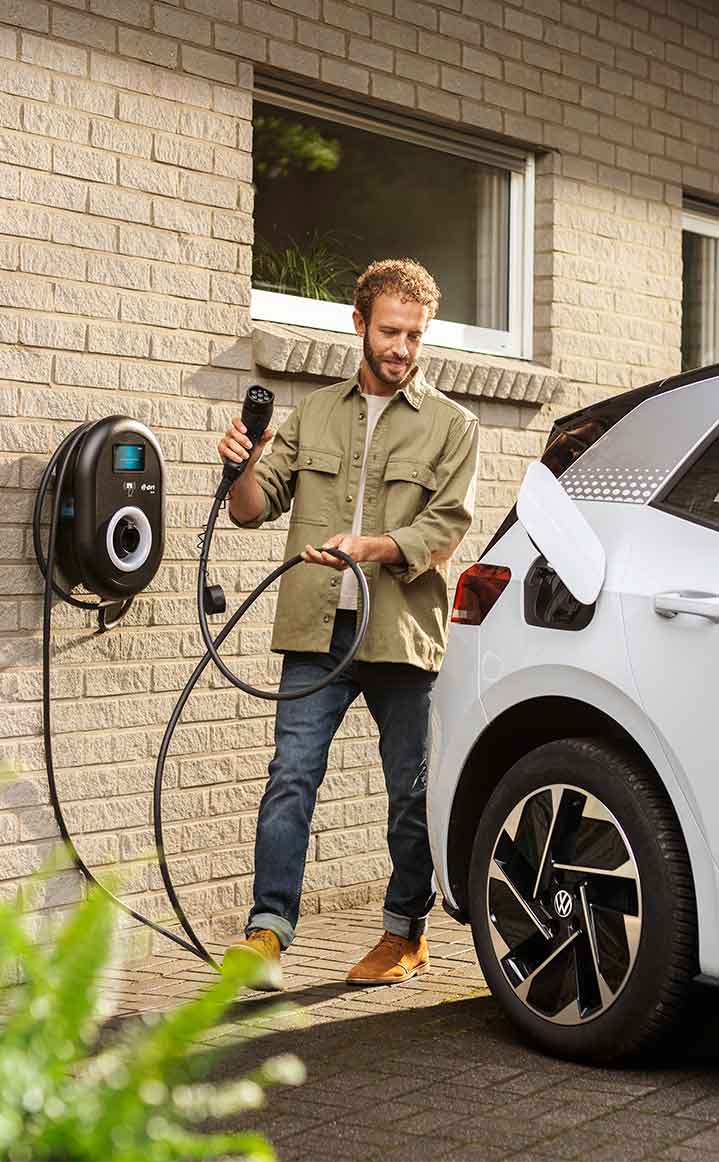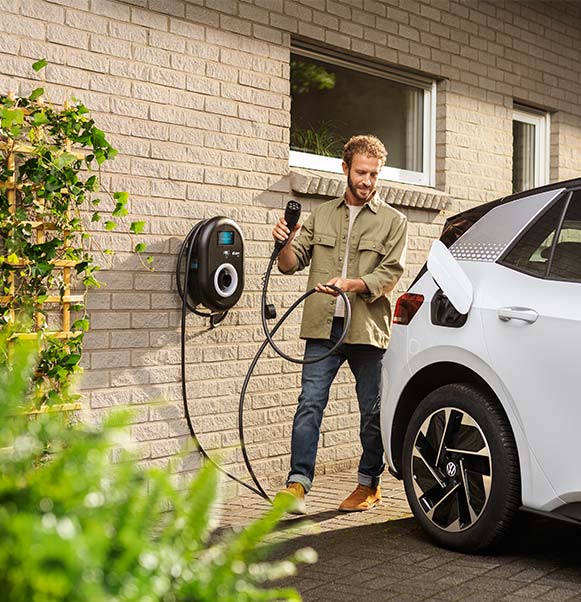There isn't one straight answer to this as a variety of factors will impact the time it takes for your battery to fill up in a single charge. Factors like battery capacity, the charge level and ambient temperature all play a part.
The length you can go when driving an electric vehicle, before having to recharge is often referred to as range. Your car manufacturers handbook should give you an idea of the official range of your electric car. This can be anything from 125 miles for an older EVs like the 2017 Volkswagen e-Golf to a long range of 350 plus miles for newer higher spec models, from manufacturers like Tesla, such as the Tesla model S. The official range may differ a little from the real-world range so always err on the side of caution.
Another key factor is the battery capacity of your car. This will have a direct impact on its range, so the higher the kWh of your battery the better your range will be. Ambient temperature is also a factor, so the colder your battery is the longer it will take to charge, meaning you may see slower charging speeds in the colder winter months.
